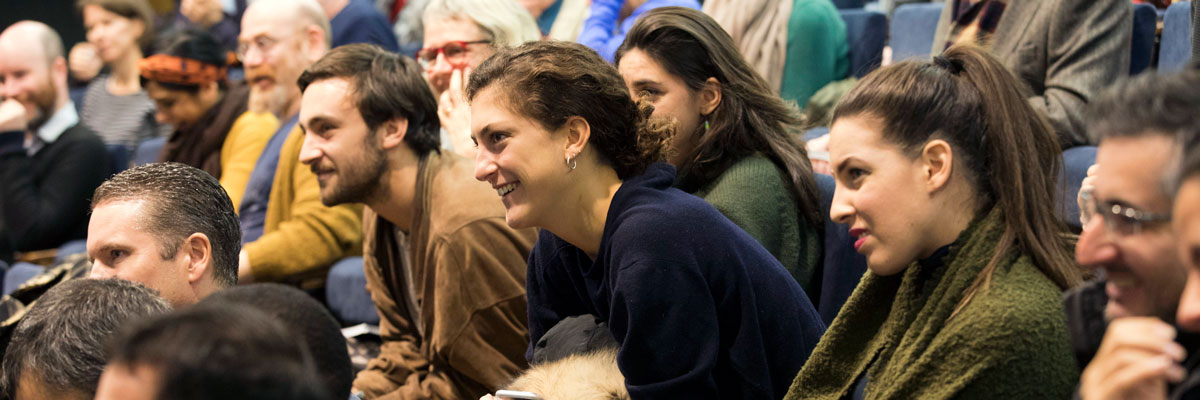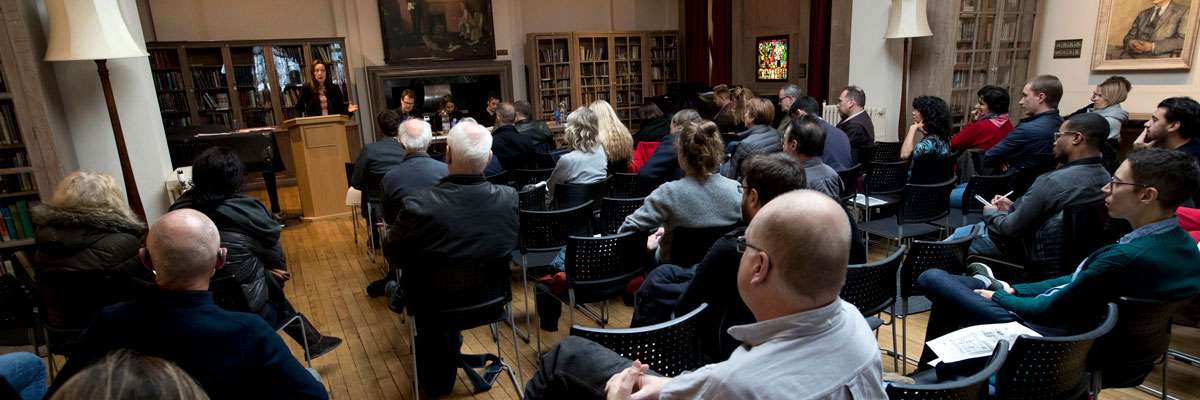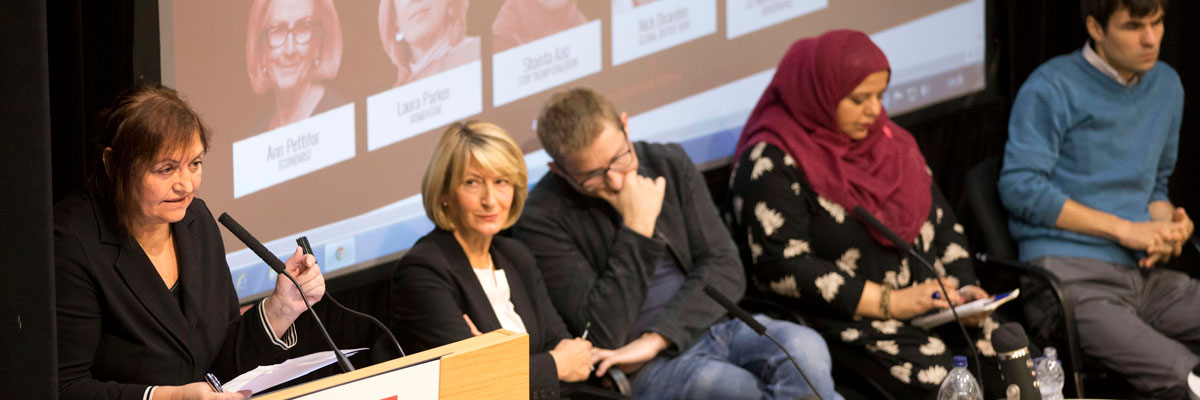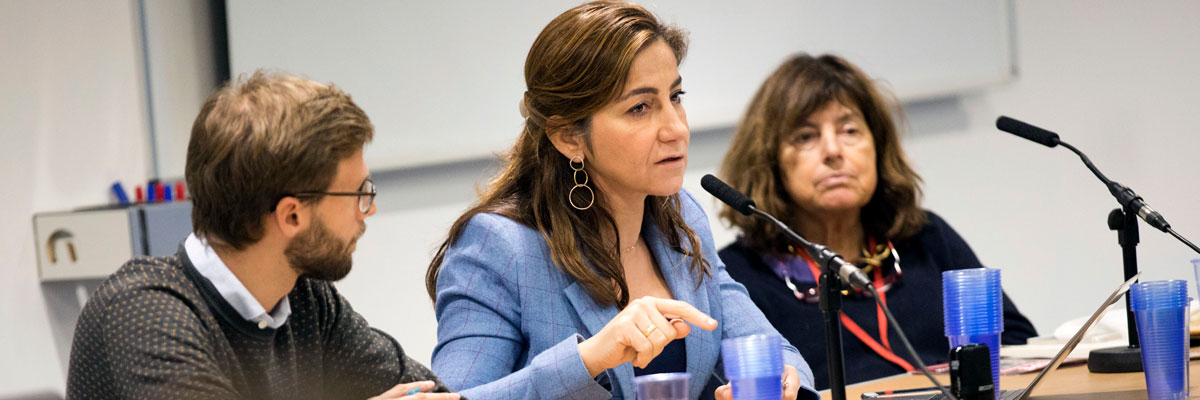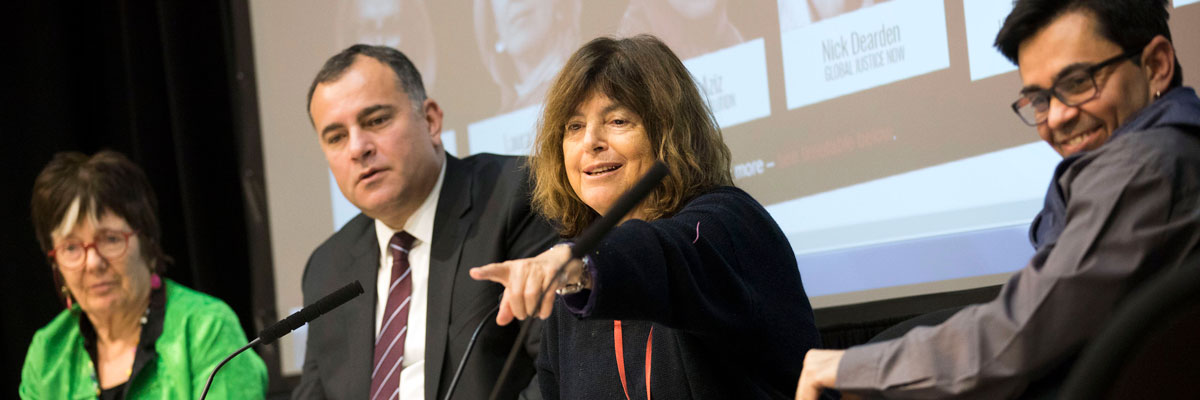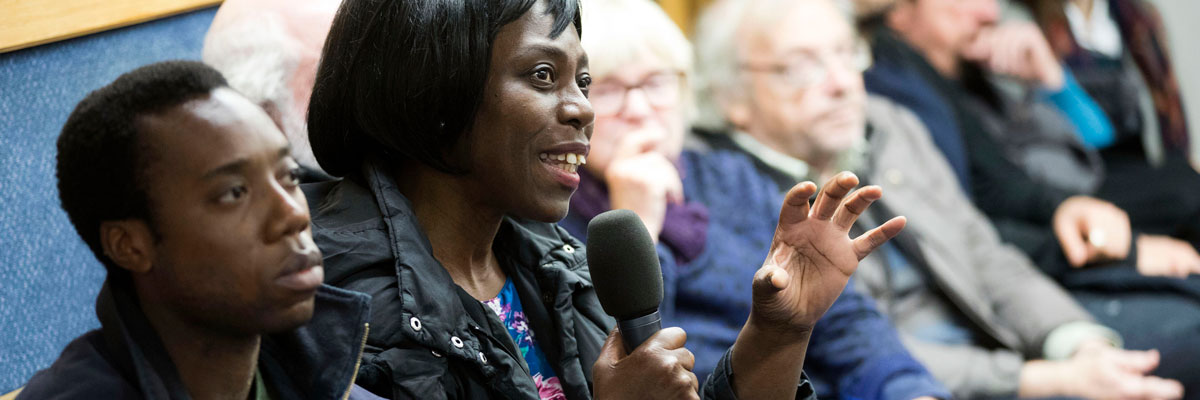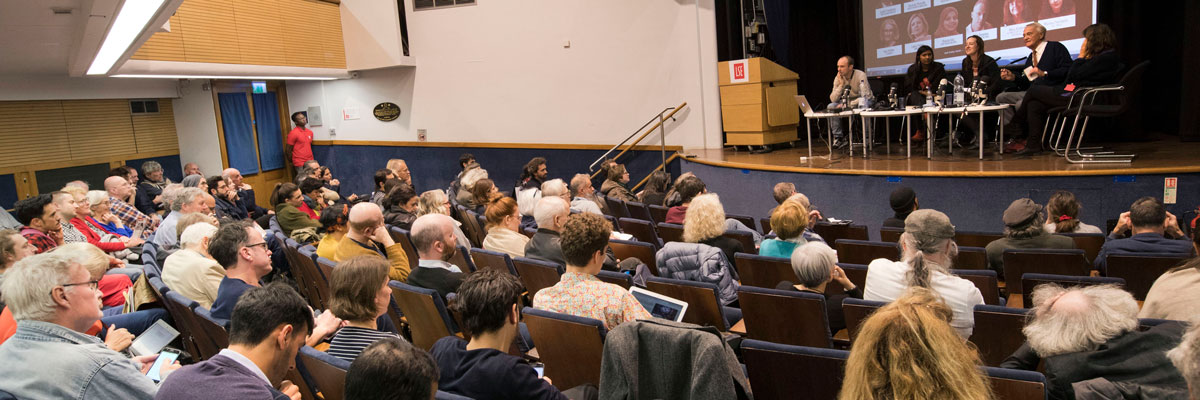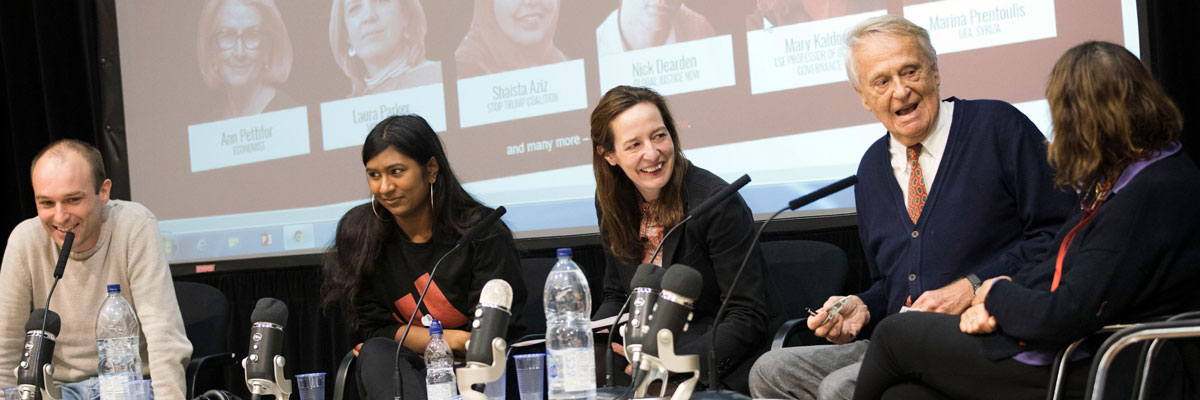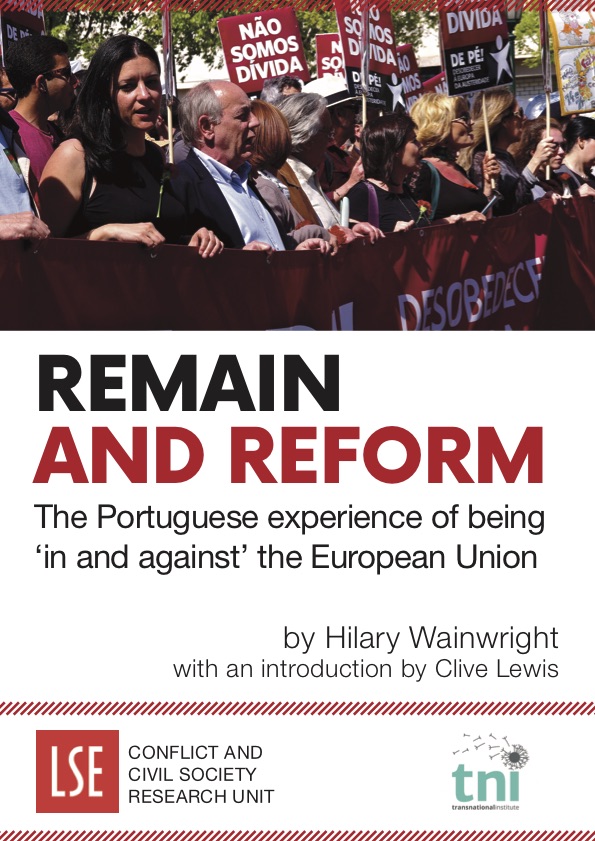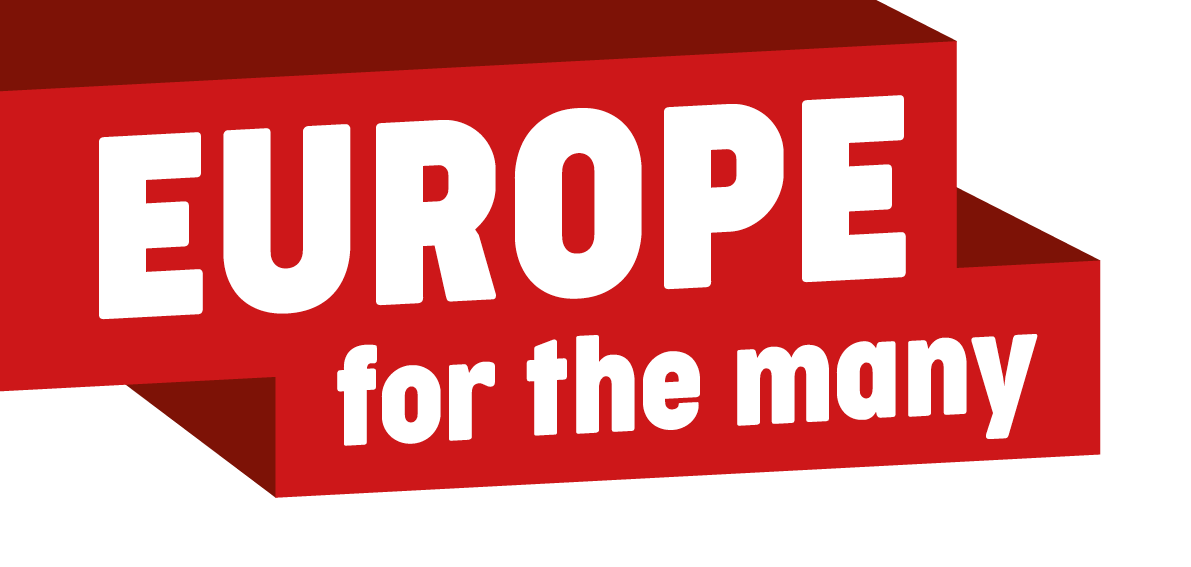Remain and Reform
The Portuguese experience of being ‘in and against’ the European Union
A ground breaking new report into the Portuguese experience of challenging austerity economics from within the European Union, authored by longstanding radical thinker, Hilary Wainwright, an editor of Red Pepper and fellow of the Transnational Institute.
The report argues that the experience in Portugal across recent years is rich with lessons for those seeking to transform the European Union. At a time when the Brexit process in Britain is moving from crisis to crisis, Portugal offers a new and fresh approach for the radical left.
The Portuguese Socialist Party government took office in November 2015 under Prime Minister Alberto Costa, and in alliance with the Portuguese Communist Party and the Left Bloc. Its election followed a period of austerity.
The report concludes that the Portuguese government has reversed austerity and successfully challenged EU leaders with its determination to fight “in and against” the institutions, and with popular support and the backing of a serious mass movement.
“The Socialist Party government in Portugal successfully united the party and the country around a positive alternative to austerity and inequality and stood up for these policies against right wing forces in the EU. The Labour leadership could do the same to unite Labour and the country here in the UK,” concludes the author Hilary Wainwright.
Clive Lewis MP, writing in the forward to the report, writes:
“This is a significant intervention for those on the left who argue for a Brexit, or “Lexit”. Many of the rules that are seen as obstructive to the socialist vision, whether on public ownership, outsourcing or state aid, are either misunderstood, have been superseded or are flexible. It will be enlightening, too, to any of us who have been conditioned to understand negotiations with the EU as a test of strength, and a tedious one, in which 27 will always be stronger than one. Perhaps that is the experience of nations who don’t know what they want. For those with a clear agenda, that they make a sustained, rational and ethical argument for, conclusions are anything but foregone.”
“Yet the more fundamental conclusion is this: you do the EU no favours by ignoring its faults, but it is not a fixed entity, and what look to be its long‐term strategic goals are subject, always, to the will of its members. It can only realise the ambitions of its founders, of peace, reconciliation, solidarity and broadly distributed prosperity, if its component nations are fighting for those ends.”
The report carries a foreword by Clive Lewis MP, and is backed by the London School of Economics Civil Society Research Unit, Another Europe is Possible, the Transnational Institute, Europe for the Many, the Rosa Luxemburg Stiftung and the LSE Civil Society Research Unit.
